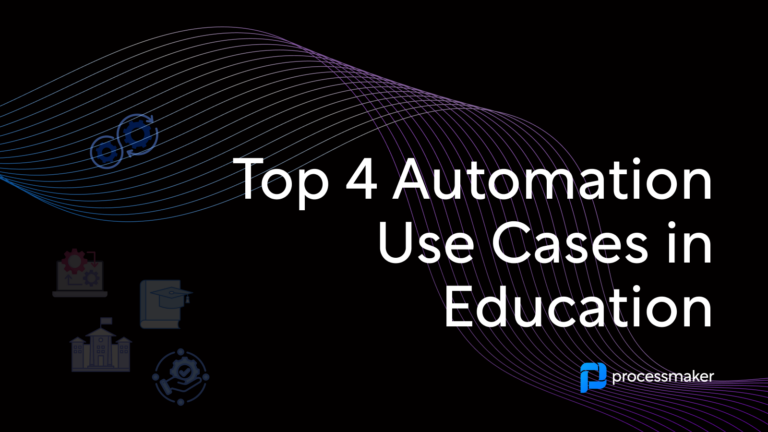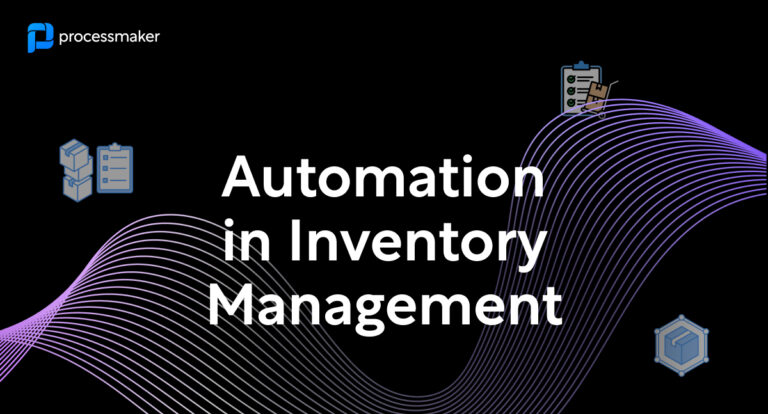Prior to the COVID-19 crisis, the banking industry was in a place of strength with unprecedented prosperity. In fact, many financial institutions were much more fortified than any other time after the Great Recession of 2008. With the pandemic, and the associated consequences of ensuring health and safety for all, banking CIOs have in fact accelerated digital transformation.
This time in our history has shown us how critical digitization, integration, and speed can be. With so many unknowns, it might not seem like the right time for a company-wide refresh, but a crisis is actually the perfect time to drive change – especially if the new normal is looking very different.
In previous decades, retail banking locations were seen as the first experience customers had with the brand. Further, many banking executives viewed their in-person locations as a means for connecting with customers and building trust. Today, physical branches are shutting down en masse – not just due to the COVID-19 crisis but also because consumers were already well-versed in utilizing digital banking to maintain their always-connected and on-the-go lifestyles.
As banking CIOs search for the right technologies to drive change, and sustain their businesses even after the pandemic, the most important things to focus on right now are searching for the opportunities to create new services to enhance the brand’s overall value in the digital era.
Accelerate everything
The outcome of the pandemic was a shock to everyone. Nonetheless, the bottom line for banking CIOs is to become even more customer-oriented with regard to innovation. Here are several good questions to ask: How will this digital strategy improve the customer experience post-COVID? How have customer expectations changed? How do mandates, and quarantines, affect the banking experience?
Not to mention, the world has gone through a massive remote working experience that may change the future of work forever from this point forward. CIO priorities are shifting in response, and technologies that enhance the digital banking experience are front and center.
In addition, massive unemployment must be addressed. Consumers who do get new jobs, in the near future, will also search for banking brands who can meet their diverse needs. As a result, it is crucial to offer reliable digital options with easy sign up processes. This is the key to acquiring new customers even after the crisis subsides.
A new digital mandate
Invariably, CIOs must drive initiatives to ensure banking services are more responsive and keep up with commonly-used digital services. Whether it is the front office, or the back office, the entire landscape should be digitized.
Agility can be bolstered with micro-services and automation. Consumer demand for mobile services has skyrocketed – especially during a time where social distancing has become regular practice. CIOs need to offer tools to provide relevant customer experiences.
Moreover, CIOs are poised to have a much deeper role in terms of coming up with ideas to testing and execution. So then, creating a clear strategy with relevant benefits key. A good place to start would be to imagine the perfect customer experience, and figure out how to facilitate this experience through the digital realm.
Invigorate and update legacy systems
There isn’t any question that resources for a complete tech overhaul may be limited. Success for banking CIOs means effectively managing the integration of legacy systems with intelligent technologies. And then, with the digital transformation, make sure cybersecurity is prioritized. When the stakes are high, bad press from a data breach can prove the final blow for smaller organizations. If resources are available, legacy systems should be updated.
How can you stay on the right path? The only way to do so is by accelerating your digital strategy, and by using data-driven models to ensure user-friendly services. New operational efficiencies should also be implemented such as intelligent automation.
Going digital was already on the minds of many banking CIOs even before COVID-19. Despite all the prosperity experienced in recent years, some banks were hesitant to make all of their services digital-ready. Seemingly overnight, everything has changed. Any service that can move online, should move online. Banks who fall behind on these types of initiatives will not only lose customers, but they may also lose their business.
Adjust to the new world
CIOs have the opportunity to move beyond what anyone thought was possible. Rather than simply adjusting to a new paradigm, many organizations have found ways to move beyond what was thought possible in the past. Customers don’t need, or want, to visit a branch to open an account or apply for a loan. The solution is clear: It’s time to become a digital-first bank.
Change is happening instantaneously, we see it all around. Every sector is making adjustments to meet the needs of the new world. The “shut-in economy” has accelerated demand for collaboration tools, video conferencing, consumer delivery, and streaming services. With these types of expectations, here are a few key points to keep in mind:
- Digitization is no longer an option.
- Remote work will become commonplace.
- Innovation is expected.
If banking CIOs can quickly set in motion the digital initiatives to meet evolving customer demands, they will set themselves up to thrive in the new world.
Invest in intelligent automation
There isn’t any question that the banking sector is still rife with outdated, manual processes. There is no time like the present to start automating routine work using intelligent automation tools to facilitate speed and efficiency. You can then shift some of your team members to essential operations as needed.
Intelligent automation can help in various components of the banking industry from assisting with verification for high-risk customers to improving employee onboarding and also helping finance teams with their end-of-month closeouts. Not only can intelligent automation help banks become more resilient to disruptions, but it can also help to cut down on overall costs. CIOs can then take this a step further to create on-demand self-service options along with end-to-end services online.
Moving forward
The COVID-19 crisis has only highlighted the need for innovation along with the value of business continuity and resiliency. Banking CIOs are realizing that digital transformation is the top priority, especially when a relevant strategy and execution is in place to meet new consumer needs.
So then, regardless of any future challenges, innovation becomes part of the company’s DNA. And, banking CIOs who understand which parts of the social and business environment will change post-pandemic, and can respond accordingly will succeed.





